Education
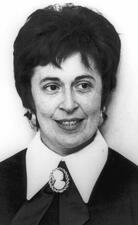
Gladys Rosen
Gladys Rosen created resources that changed how people approached Jewish history. As program specialist for the American Jewish Committee, she published Guidelines to Jewish History and Social Studies Instructional Materials, which offered summaries of Jewish history and resources for teaching Judaic studies. She went on to coedit a number of books on Jewish culture and history and was an interviewer on the radio program, Jewish Viewpoint.
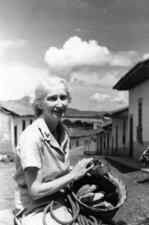
Doris Rosenthal
Esther Rosenthal-Shneiderman
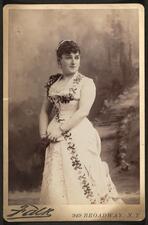
Julie Rosewald
Julie Eichberg Rosewald was America’s first woman cantor. Known as the “Cantor Soprano” at Temple Emanu-El in San Francisco, she served between 1884 and 1893. Rosewald enjoyed a brilliantly successful career in opera as well as being a composer, author, teacher, and professor of music.
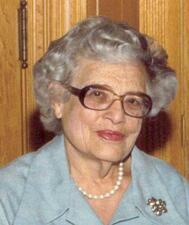
Mattie Rotenberg
The first woman and the first Jew to be granted a doctorate in physics at the University of Toronto, Mattie Rotenberg also founded Toronto’s first Jewish day school in 1929 to educate her five children. She went on to embark upon a successful second career in journalism.
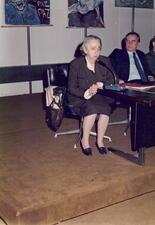
Mina Fridman Ruetter
Mina Fridman Ruetter (1922-2003), an Argentinean-born Jew, was the most prominent leader of the Yiddisher Kultur Farband (YKUF) beginning in the 1970s. She studied and worked as a writer, teacher, and translator in organizations linked to the Communist Party and the Soviet Union. She was a highly visible leader and the disciple of YKUF intellectuals such as Pinie Katz and Samuel Gordon.
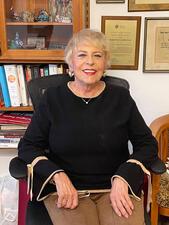
Marilyn Safir
Marilyn Safir is an Israeli-American psychologist who played a critical role as a feminist activist in sparking the Israeli women’s movement and in establishing the academic field of women’s studies in Israel. Her academic career has focused on sex, sexuality, and gender.
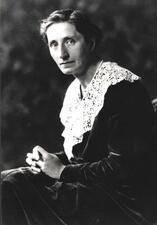
Alice Salomon
Alice Salomon was an educator, feminist, economist, and international activist who was one of the pioneers of the emerging field of professional social work in Germany in the early 20th century. In 1925 she was among the founders of the German Academy for Women’s Social and Educational Work, and she later served as the first president of the International Committee of Schools of Social Work.
Salonika: Female Education at the end of the Nineteenth Century
Salonika was a vibrant center of Sephardic Jewish life in the Ottoman Empire, at some points even boasting a majority Jewish population. The Alliance Israélite Universelle, a French Jewish educational program, was established to westernize, or in their words “regenerate,” Sephardi and Mizrahi Jewish communities. The Alliance established dedicated girls’ schools to give young Jewish women a secular education.
Sharon Salzberg

Pnina Salzman
Renowned classical pianist Pnina Salzman was the first Israeli pianist to conquer concert stages in Europe and Asia in the early 1940s, before the establishment of the State of Israel. She also enriched the local music scene with her premieres of Israeli composers, who wrote for her knowing that their work would receive superb interpretation. She won the Israel Prize for her musical achievements.
Else Rahel Samulon-Guttmann
Else Samulon-Guttmann showed her exceptional intelligence early in life, studying law at Berlin university and earning a PhD from Heidelberg University. Appointed a judge in 1929, she lost her position with the Nazi rise to power in 1933. Samulon-Guttmann stayed in Germany for her mother and was murdered at Auschwitz in 1944.
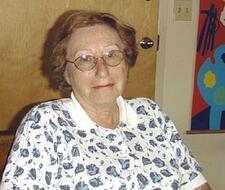
Freyda Sanders
Cecile Ruth Sands
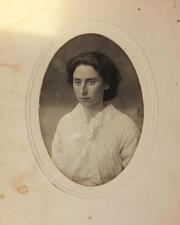
Sarah Goldblatt
Sarah Goldblatt was a staunch advocate of the Afrikaans language of South Africa. Despite learning the language later in life, she devoted herself to her adopted tongue, publishing multiple books in Afrikaans and serving on the editorial board of an Afrikaans newspaper. Trained as a teacher, she also taught the language to students around the country.
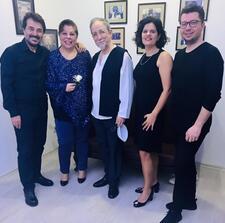
Karen Sarhon
Karen Gerson Sarhon, founder and vocalist of the Sephardic music group Los Pasharos Sefaradis, is coordinator of the Sephardic Culture Research Center in Istanbul, Turkey, and chief editor of El Amaneser, the world's only newspaper wholly in Judeo-Spanish/Ladino. She continues to produce innovative projects for the preservation and promotion of Sephardic culture and language.
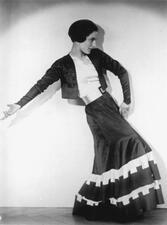
Angiola Sartorio
Angiola Sartorio was a prolific dancer, teacher, and choreographer who subverted fascism in her artistic choices. Sartorio had a company and school, and her company was widely well-received in Italy until it performed for Hitler in Vienna and she had to flee to the United States.
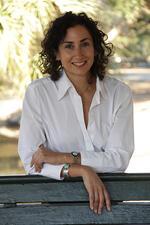
Lonnie Zarum Schaffer
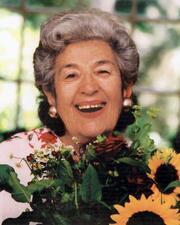
Miriam Schapiro
Miriam Schapiro helped pioneer the feminist art movement, both through her own pushing of creative boundaries and by creating opportunities for other women artists. Starting in 1970, Schapiro raised women’s consciousness through her writing, painting, printmaking, teaching and sculpture. She lectured extensively on feminist issues to professional conferences, university audiences, art classes and women’s groups.
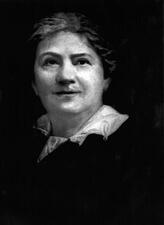
Mathilde Schechter

Rina Schenfeld
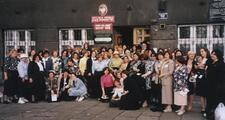
Sarah Schenirer
Sarah Schenirer, a divorced dressmaker who lived in Krakow, Poland, was the founder of Bais Yaakov, a network of schools for Orthodox girls. By the time she died in 1935, the school she founded in 1917 had grown to hundreds of schools in Poland and beyond.
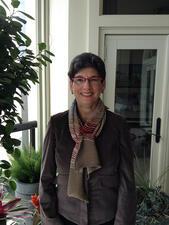
Madalyn Schenk
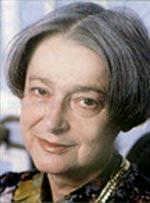
Dominique Schnapper
Dominique Schnapper is a French sociologist who has devoted an important part of her work to an analysis of French Jews and Judaism, in particular in connection with the French model of citizenship, nation, and the republic.
Bertha Singer Schoolman
Bertha Singer Schoolman gave a lifetime of service to the betterment of Jewish education and the cause of Youth Aliyah, the movement to bring Jewish youth out of Germany to live in children’s villages in Israel. Schoolman risked her life under fire to help bring convoys to and from kibbutzim.


